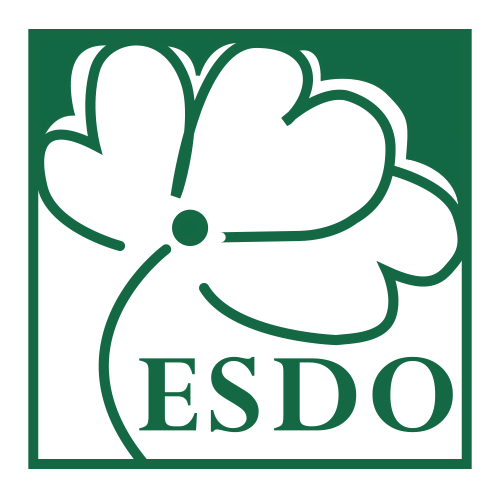Policy Research
Environment and Social Development Organization- ESDO was the first organisation in 1990 to conduct comprehensive research into the adverse affects of the production and use of polythene bags in Bangladesh. Environmental consequences stemming from commercial production, to the effects on: soil, water (chemical contamination and drainage), atmosphere, plant and animals, agriculture, health, and the economy, have been successfully researched and documented, and was employed as the basis for ESDO’s nation-wide anti-polythene campaign.
Under the guidance and direction of ESDO’s Secretary General, Hossain Shahriar, ESDO organised a nation-wide anti-polythene campaign in 1992, which involved the media and support by numerous organisations and public leaders. In 1999, the Ministry of Environment and Forest recognised the anti-polythene campaign as the most important national movement, while in 2000, the Ministry of Environment and Forest selected ESDO as the principle task force representative in pushing a complete ban of polythene bags. As a result an official nation-wide ban was declared in 2002. ESDO received world-wide recognition for the commitment and success of the campaign – Australia, India, Pakistan, United States of America, Japan, and European countries, have either recognised or followed ESDO’s initiative. Thanks to ESDO, not only has a global campaign emerged, our efforts significantly contributed to minimizing waste pollution in Bangladesh.
From 1995-2002 ESDO raised mass awareness and intercepted policy with a nation-wide campaign, “We want 2-stroke vehicle-free streets”. The study conducted by ESDO found that carbon monoxide, methane, nitrous oxide and lead were emitted from 2-stroke vehicles, with serious environmental and health consequences. The campaign began in 1995 through mass awareness raising and progressed with advocacy and policy lobbying which saw a 2-stroke ban in Dhaka and major cities. In 2002 the Government officially banned all 2-stroke vehicles and introduced CNG as the common form of energy.
Alleviating toxic pollutants is an important priority for ESDO. In 2003 ESDO conducted a study entitled, ‘Country Situation Report on Persistent Organic Pollutants (POPs) and POPs Hotspots in Bangladesh’, including research involving action against pesticides. ESDO was the only organization involved in a mass awareness campaign to eliminate POPs. ESDO recognises that chemical safety is a requirement to ensure poverty reduction and sustainable development.
ESDO continues with research initiatives on the impacts, adaptation to, and mitigation of climate change – to assist communities to manage and plan for the future. ESDO will develop databases and other communication methods in each Eco-village Resource Centre so information on climate change can be easily accessed and shared.
Advocacy
• Reduction of carbon emission and air pollution
• Social Justice Advocacy
• Environmental Education
• Comprehensive Adult Education for All
• Eco-village for environmental livelihood
• Organic Agriculture
• Environmental Journalism
